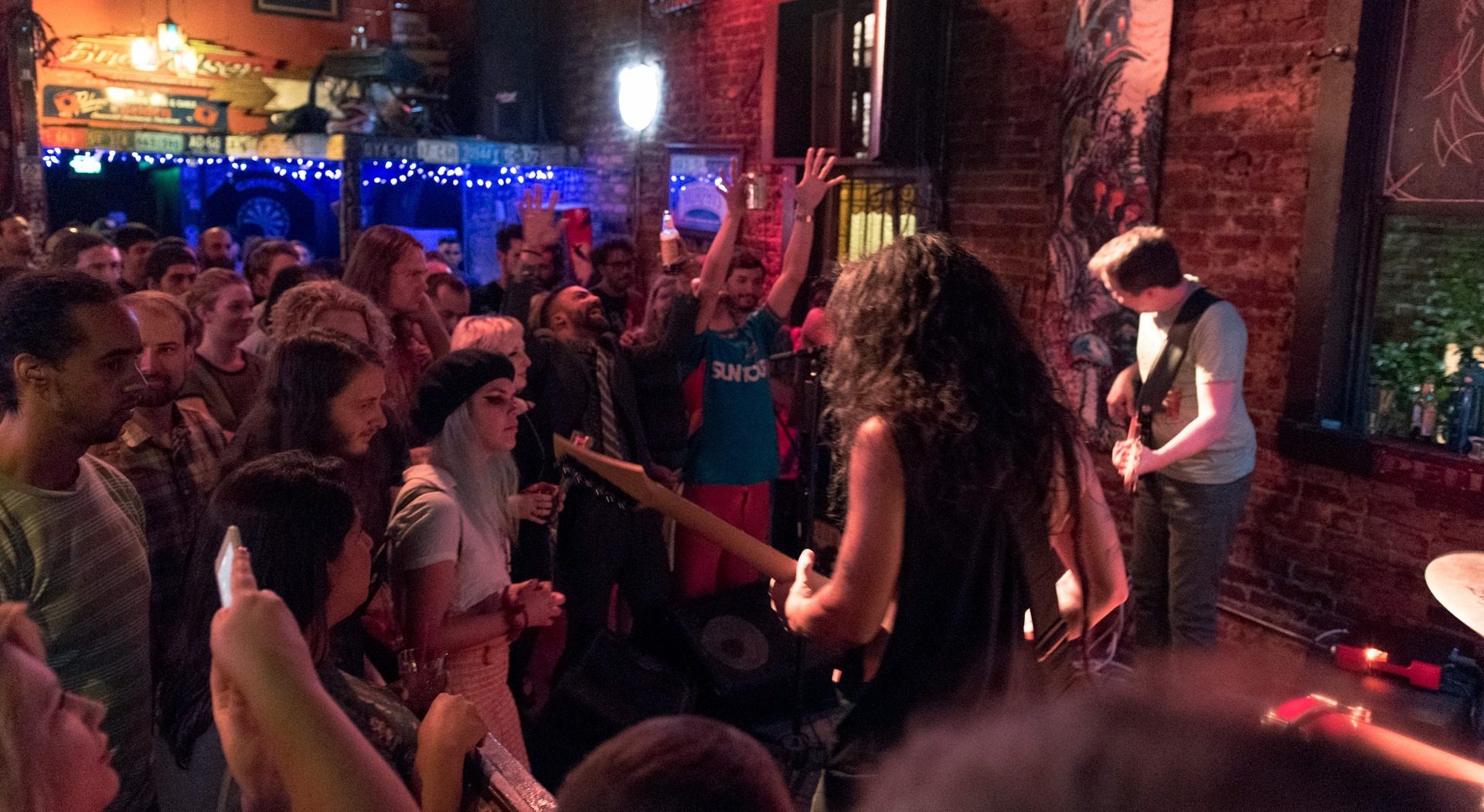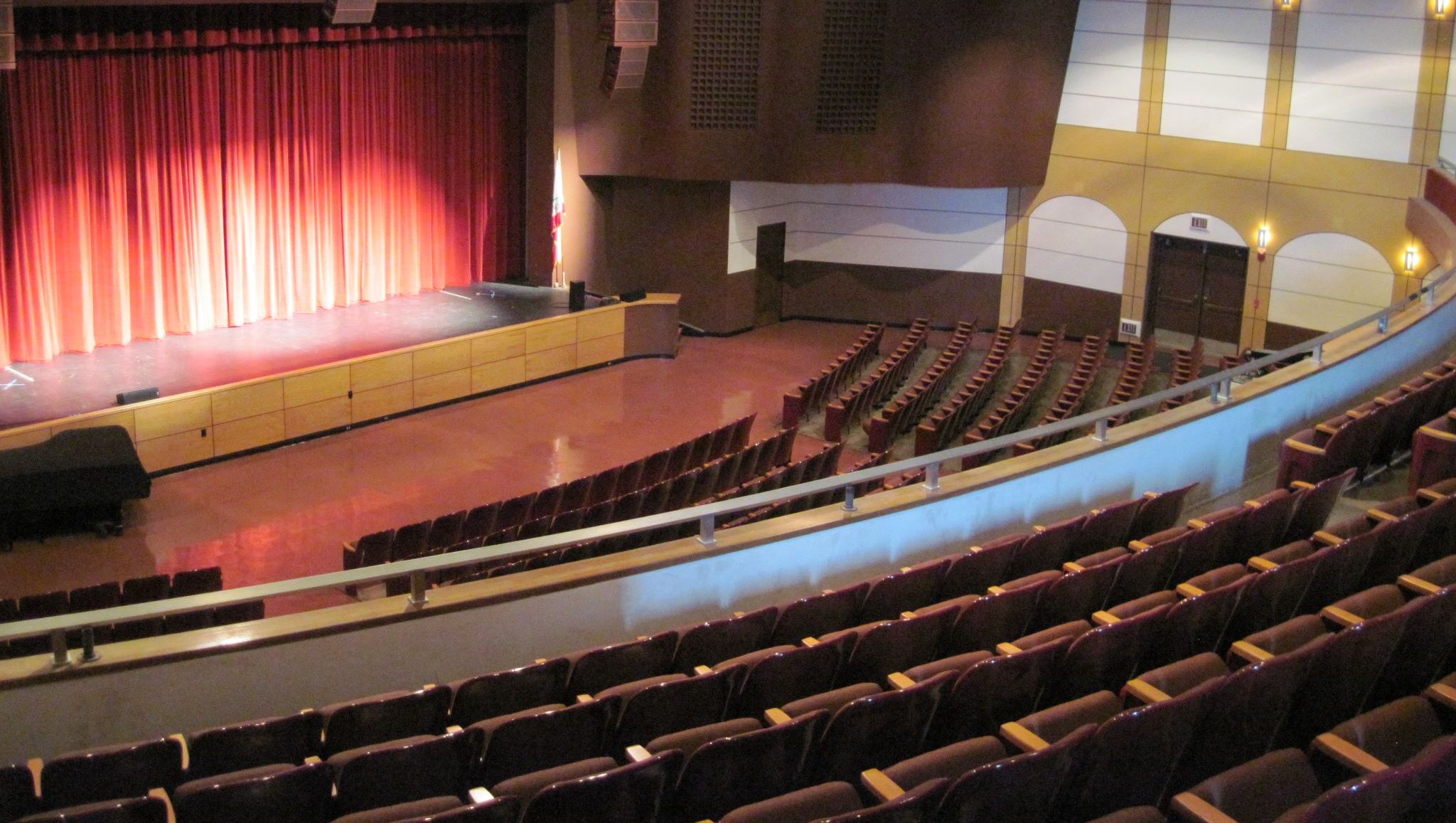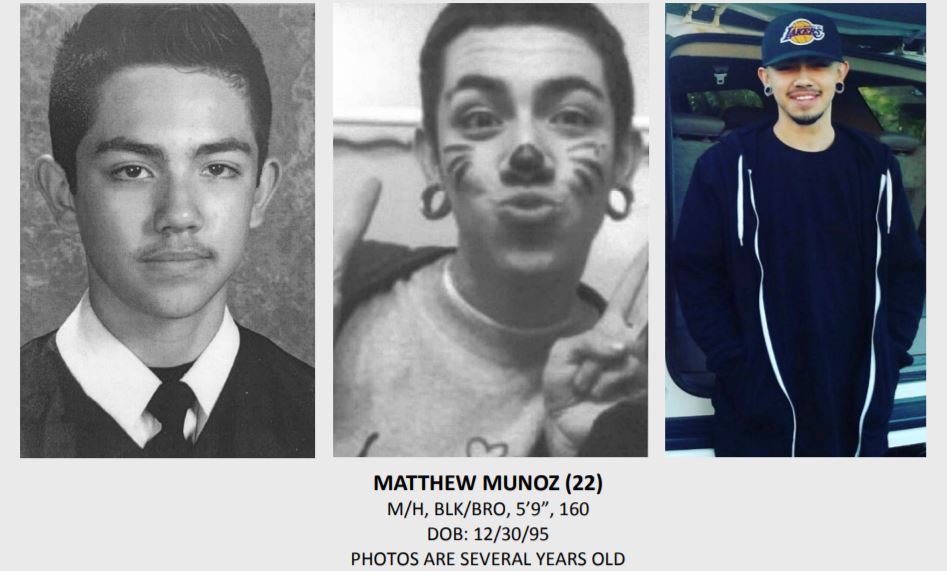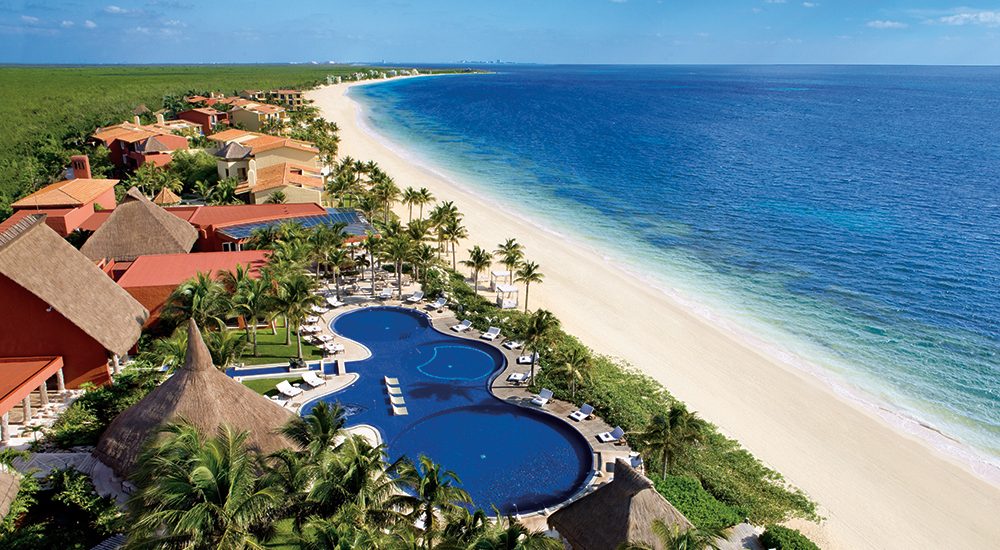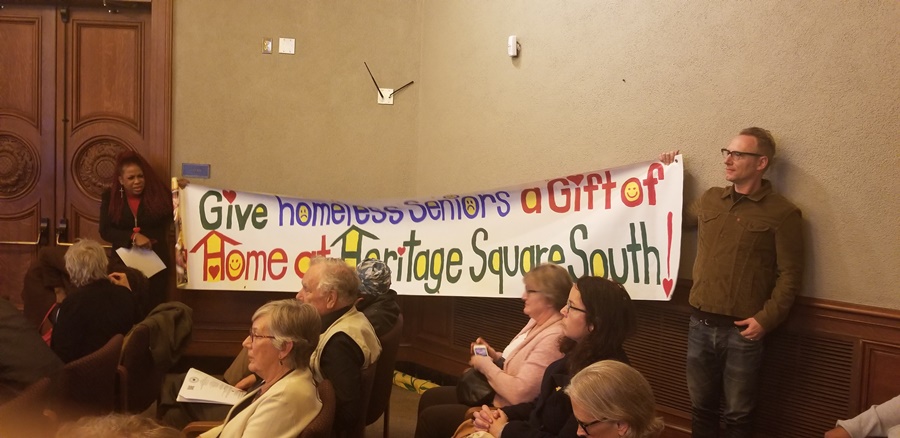
Senior subpopulation is the largest group of homeless individuals
By John Orona
Backed by strong community support, the Pasadena City Council approved a development concept for Heritage Square South that will include up to 70 units of permanent supportive housing for homeless seniors and 10,000-square-feet of retail space, on Monday night.
The 1.3-acre property located at the northwest corner of Fair Oaks Avenue and Orange Grove Boulevard was appraised at more than $5 million in October and is part of a larger development which already houses 70 units of affordable housing for very low-income seniors on the north end of the development.
“Heritage Square North has proven to be an extraordinarily positive change in the district I represent,” Vice Mayor John J. Kennedy, representing District 3, said. “I’m hoping that we’re moving in a similar vein to Heritage Square South.”
The council had a choice between six concept options presented to them by staff, including plan “A,” a concept focused primarily on housing and reflecting the intentions of the original project with 60 to 70 units, 100 percent of which would be used for very low-income seniors. That option was turned down in favor of the mixed-use concept “C” that maximizes housing and commercial space, but with an “affordable mix TBD.”
According to a city report, Pasadena has more than 650 homeless seniors, making the senior subpopulation the largest group of homeless individuals as well as the fastest growing, up 28 percent in the last two years.
The city hopes that by targeting this vulnerable demographic it can meet a crucial need in the homeless population as well escape backlash from locals who may support homelessness relief efforts so long as they are “not in my back yard.”
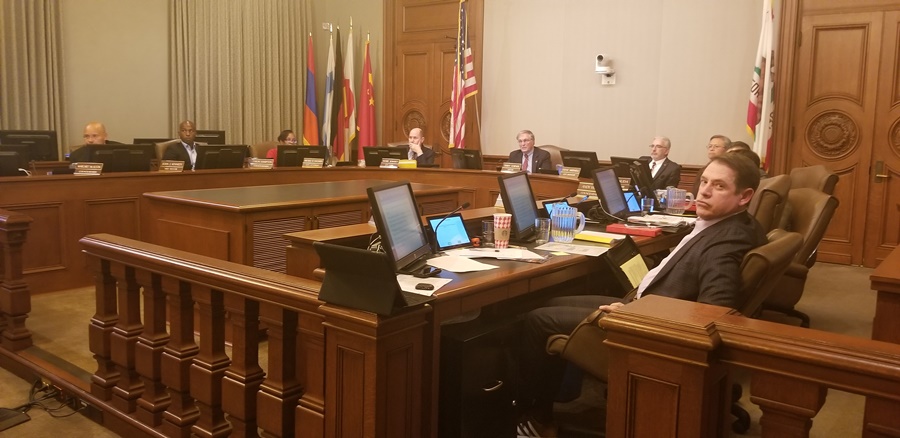
“Recent experience following the adoption of the city’s hotel/motel conversion ordinance, indicates that adjacent residents often have concerns regarding the placement of housing for formerly homeless individuals,” a staff report read. “By focusing on seniors, staff believes that many of the concerns can be addressed.”
This project, however, has seen massive support from residents in the form of letter-writing campaigns and rallies on the proposed project site, all before any public outreach was conducted by the city.
“We have people in our congregation who are sleeping on the streets who we have been unable to find housing for,” Reverend Mike Kinman of All Saints Church in Pasadena said during public comment. “They don’t want to leave Pasadena, Pasadena is their home. As you said Councilmember Hampton, this is a no-brainer and we need more of these. I truly hope this is just the beginning.”
According to Director of Housing William Huang, Pasadena has three similar concepts in operation that feature permanent supportive housing: Marv’s Place, Centennial Place and Euclid Villa. The U.S. Interagency Council on Homelessness defines permanent supportive housing as “non-time-limited affordable housing assistance with wrap-around services for people experiencing homelessness,” calling it a core component in combating homelessness.
Huang expects the development to cost around $30 million, with about $14 million coming from local government subsidies that favor permanent supportive housing, particularly in the San Gabriel Valley which lacks affordable housing projects.
“They tilt very strongly towards permanent supportive housing,” Huang said. “We’ve been told ‘You don’t have any chance to access any of that money unless the property is at least 51 percent permanent supportive housing, the more you have the higher chance you have.’”
The project is expected to break ground in about two years.

